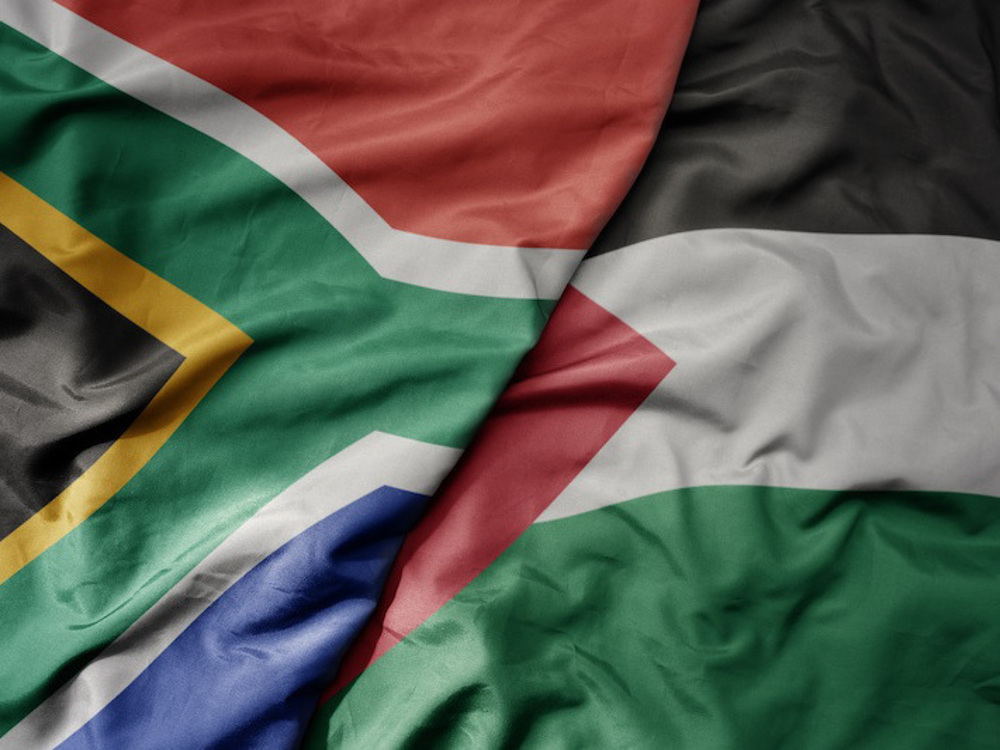EU suspends aid to Burundi over poor human rights record
The European Union says it is suspending all direct financial aid and funding to Burundi’s government for failing to allay EU concerns over the country’s human rights record.
"The situation in Burundi remains of serious concern for the EU... Today's decision makes clear that for our relations to be fully resumed we expect a number of concrete measures to be carried out," said Federica Mogherini, the EU foreign policy chief, in a statement on Monday.
Declining to elaborate on what measures Burundi must take for the aid funds to resume, the EU foreign policy chief said the 28-nation bloc will continue to fund humanitarian agencies in the Central African country.
Mogherini added that the government should now build on measures agreed with the African Union, the East African Community and the United Nations to establish a dialogue with the opposition and find "a durable political solution to the crisis".
EU aid programs for Burundi over the 2014-2020 period are worth some 430 million euros ($480 million) and any threat to them would be serious for the impoverished country faced with growing violence.
Burundi has been convulsed by turmoil since April 2015, when President Pierre Nkurunziza announced his bid to compete for a third presidential term, sparking widespread protests.

The opposition stood against the move, arguing that the president's decision was in breach of the Constitution, which allows the president to run for two successive terms.
Nkurunziza's allies, however, argued that his first term did not count as he was elected by the parliament and not by direct vote.
In December 2015, United Nations High Commissioner for Human Rights Zeid Ra’ad Zeid Al Hussein expressed concern that the country risks relapsing into a civil war.
Between 1993 and 2005, around 300,000 people died in Burundi as a result of a civil war fought along ethnic lines.
‘All wars have rules. All of those rules have been broken’ by Israel
VIDEO | Report flags India’s violation of rights of Rohingya detainees
Turkey's foreign minister meets Syria's de facto leader in Damascus
'Next to impossible' to rescue patients from Gaza's Kamal Adwan Hospital: Director
VIDEO | Vietnam current prosperity
Report blames gasoil exports for shortage at Iranian power plants
VIDEO | Hind Rajab Foundation names Israeli war criminals vacationing after Gaza genocide
VIDEO | Australians rally for Gaza ahead of Christmas festivities















 This makes it easy to access the Press TV website
This makes it easy to access the Press TV website